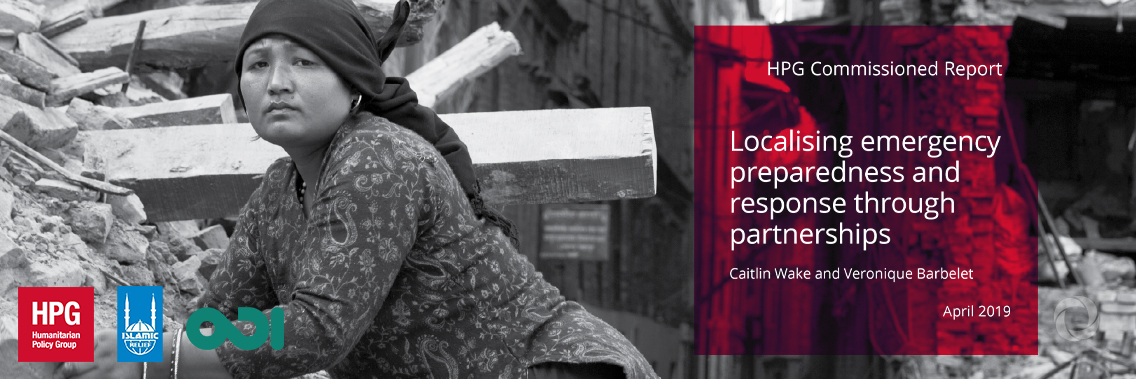A recent report has highlighted good practice by Islamic Relief in assisting local non-governmental organisations (NGOs) to prepare and respond effectively to humanitarian emergencies.
Islamic Relief teamed up with the Humanitarian Policy Group from the Overseas Development Institute to launch a report showcasing the value of localising aid, drawing its experience in Asia. The report, entitled ‘Localising emergency preparedness and response through partnerships’, was launched in an event held at Islamic Relief’s London office on 11 April.
The report assesses the outcomes of innovative localisation and capacity building project in Asia. The 33-month STRIDE project equipped local partners in Cambodia, Myanmar, Nepal, and the Philippines with the tools and resources to lead local emergency response.
The head of Islamic Relief’s disaster risk management department, Mohammad Afsar, said: “Islamic Relief is committed to localisation: local partners are the first responders, they have local knowledge and greater awareness of community needs – and most importantly, they do not leave after the emergency is over.”
Islamic Relief has for 35 years been a direct implementation agency, delivering life-saving and transformative humanitarian aid and development projects across the world.
“We now have allocated a budget of 1m NRP (approx. 6,800 GBP) and 34 staff members in our response team. We are able to respond to small scale emergencies, but for scale-up we would still collaborate with larger partners such as Islamic Relief.”
Islamic Relief is now using the lessons learned from the STRIDE project, which ended last year, to further increase its impact in assisting vulnerable people worldwide.
Read and download the report: Localising emergency preparedness and response through partnerships.
Original source: Islamic Relief
Published on 16 April 2019

